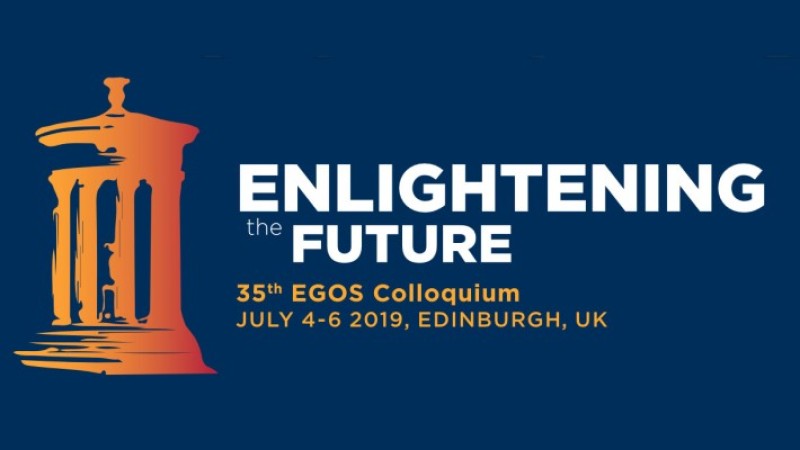Sub-theme 14: Missions of Present-Day Universities
Call for Papers
During the Enlightenment in the 18th century old values were challenged. As a result, a number of new
ideas developed thereby creating the foundations of present day science. In this way old universities were broadening their
curricula particularly towards the natural sciences. In the passage of time new universities were also founded all over the
world. As a result, universities constitute today significant institutions in society. Today, the “Ranking Web of Universities”
thus reports that the number of universities world-wide to be around 26,000. This has happened not only through the foundation
of a large number of new universities but also by the upgrading of other types of institutions to universities like in the
United Kingdom, where the polytechnics became universities in 1992.
The expansion of the population of universities
has not only meant an increase in the number of universities but also a greater diversity among institutions both in time
and space. Therefore, modern university leaders make significant efforts to communicate the excellence and reputation of their
institutions. This has been reinforced by the development and diffusion of accreditations and rankings.
One
significant feature in this process is the increasing tendency of universities to formulate mission statements in order to
show their aims and goals. For some universities ambitions are often directed towards a global market, with reference to labels
such as “world class”. A result of these ambitions is increasing efforts to create student exchange programs, to recruit foreign
students and even the setting up of foreign campuses. At the same time research has become more and more international through
a development of scientific fields with international organizations, recurrent meetings, journals and bibliometrics.
But the number of universities active on the global markets is rather limited. The 500 institutions ranked by the main international
rankings represent less than 2% of all higher education institutions. Beyond what is considered as a global model, many universities
are first strongly embedded in local and national contexts and their missions are often attuned to these contexts. Many universities
are funded through public sources with expectations that they should educate citizens for the labour market and through innovations
in their research contribute to the nation’s international competiveness. Often similar expectations can also be found for
regions and local communities. As a result there is a fundamental issue for modern universities to define the community they
are serving: the global, the national as well as the local. And, in relation to these, it is equally important to define what
they aim at in their interaction with these communities.
Thus, we expect to find much variation in the content
of the missions of universities, though universities today are more likely to have mission statements than they did in prior
times. That is, we should find more rationalization in general, e.g. more branding and re-branding, but along different dimensions.
Some will continue to emphasize their historical mandate to produce political leaders and good citizens; others will be more
focused on innovations and university contributions to economic growth or, in a more focused way, to the occupational careers
of their graduates.
The above means that universities have high legitimacy and have high expectations on
their contributions to the development of individuals and societies at large. However, at the same time universities are facing
critique that they are too rigid and are not delivering the expected benefits. In addition, the Internet and the rise of multiple
online learning platforms challenge the idea that universities are the sole or perhaps the main centers of knowledge conservation,
production and dissemination. The increased use of the term university by corporations reflects the value of the university
as a category but also its inability to control who gets to use and display the identity. These developments generate competitive
pressures that further push universities to clarify who they are and what they stand for, often with mission statements.
In this situation university leaders have tended, often cheered on by politicians, to act as CEOs in corporations.
They formulate strategies, organize according to industrial principles, and introduce all kinds of short-term performance
measures. This is reinforced by an increasing tendency to play down the academic qualifications in the selection of university
leaders and upgrading of general managerial skills. All in all, these trends have implied a challenge of the traditional forms
of collegial decision-making.
Against the above background the sub-theme will address questions regarding
the missions of universities in present-day societies. Examples of questions that might be raised by papers to be presented
in this sub-theme are:
Universities as global actors
Universities as power-houses for national and regional economic development
The managerialization of universities
Universities and the labour market
Universities and modern information technology
The legitimacy of universities
The sub-theme is intended to bring together EGOSians with a research interest in institutions of higher education and research
with different perspectives on the above described development. The track would welcome both theoretical contributions and
empirical ones. For the latter international comparisons and perspectives would be particularly appreciated.


